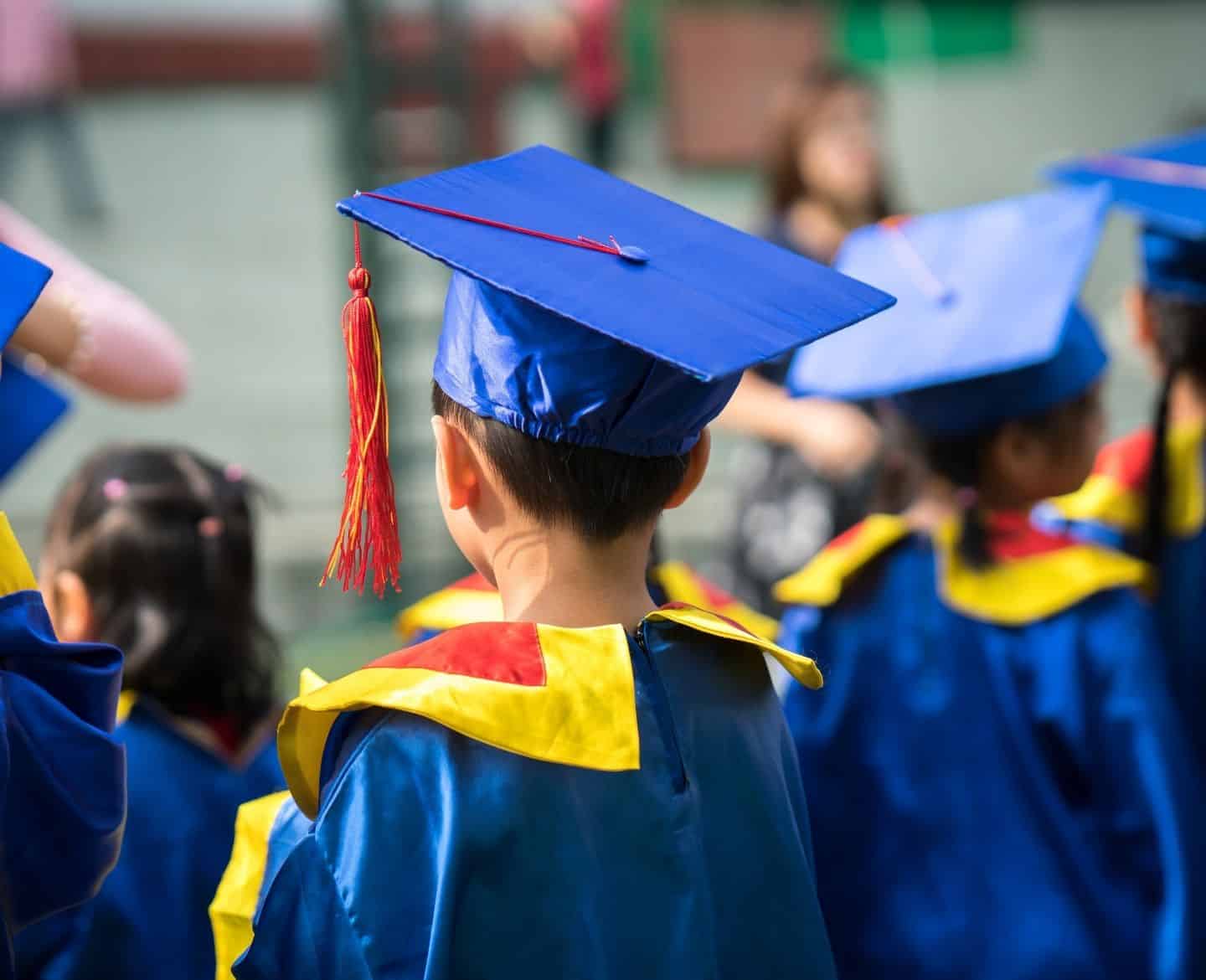How to ease your toddler’s separation anxiety: 5 tips to better attachment
Toddlers are highly dependent on others for caretaking, and staying close to you is one of their biggest jobs.

In This Article
- Toddlers and preschoolers crave connection, which is nature's way of keeping them close.
- Accept the child's attachment hunger and provide for it generously when you can.
- Don't battle their behavior nor increase separation through discipline.
- Bridge the distance to reduce feelings of separation.
- Play matchmaker and help the child accept their alternate caretakers.
- Encourage and support tears of missing.
We’ve all been there. It’s bedtime and our littles begin stalling, “I need some water,” or, “one more story,” and sometimes, “I’m afraid,” occasionally accompanied by one big crocodile tear rolling down their precious cheek. From their lips to our hearts, these little pleas convey a much larger desire—to keep parents close, routinely disguised as a last-minute request, the last one being the most compelling in telling us why.
Toddlers and preschoolers crave connection, which is nature’s way of keeping them close.
Why is separation so difficult and why does it produce so much anxiety? Until approximately six years of age, young children are not fully developed as separate beings. They are highly dependent on others for caretaking, and staying close is one of the brain’s biggest preoccupations. In the 1950s, a British psychologist named John Bowlby coined the term attachment and said a child’s mental health was based on a satisfying and enjoyable relationship with a parent, that is both warm and continuous. Children aren’t meant to enjoy separation, it is nature’s design.
While there is nothing wrong with a young child who misses their parent, it can be unsettling to both parties.
Young children can be full of frustration, tantrums, resistance, and opposition in the face of separation. Alarm in a child often arises at nighttime, accumulated from the day and activated by the point of separation that sleep represents.
From a parent’s perspective, it can help to remember that if our children didn’t want us close, we wouldn’t be able to take care of them. Being attached is the superglue that binds us to each other and provides a sense of home, comfort, and belonging. Attachment is the doorway through which missing and separation anxiety enter.
Toddlers and preschoolers also come with shyness instincts that make them fickle when it comes to receiving care from others. This is the result of healthy brain development by six months of age, where a child zeros-in on one primary caretaker. At this time the child will begin to display stranger protest towards others and show a clear preference towards whom they want to be close. The instinct to shy away from strangers is nature’s way of ensuring they follow the people who are responsible for caring for them.
If children are meant to miss their parents and shy away from substitute caregivers, then how can we for care them given the separations that come with everyday life?
1. Accept the child’s attachment hunger and provide for it generously when you can.
Take time to collect their attention and engage with them fully. Relationships that are characterized by delight, enjoyment, and warmth tend to nourish their relational needs most of all. A deeper attachment with a child will help them grow as separate beings and allow them to face more separation.
2. Don’t battle their behavior nor increase separation through discipline.
It’s important not to battle against a child’s behavior from pursuing their parent to the fears that appear at night—these are all just symptoms of the underlying separation problem. If forms of discipline are used that exacerbate the separation, such as time outs or consequences, then a child’s emotions will be more stirred up and their behavior more difficult to manage.
The focus needs to be on connection, on relationship, and on how we are holding on to them.
3. Bridge the distance to reduce feelings of separation.
A bridge is meant to connect two sides, despite the things that are too big to cross and in-between—like work, sleep, and school when it comes to our kids. Our focus needs to provide the antidote to separation, that is, connection.
We need to help our kids feel connected to us despite the impasse that is between us. Instead of focusing on the goodbye, we talk about the next hello, such as the plans for the following day or what you will do together when you are home from work.
At bedtime, you can focus on when you will come back and check on them, or how you will meet them in your dreams. In the day time, you can give the preschooler a picture of you to hold onto or connect with them over lunch.
4. Play matchmaker and help the child accept their alternate caretakers.
We can’t blame young children for preferring their parents but we can take comfort in knowing they can attach to other people too. Given their strong shyness instincts, it is important that we introduce them to the people we want to care for them.
We can’t leave these relationships up for grabs but must prime it by showing them we sanction the connection. This can include warmly introducing them to each other, pointing out similarities and common interests, and conveying that you like this person and trust them.
A child will follow those to whom they are attached, and if you demonstrate that you like the caretaker, they will follow suit with time and patience.
5. Encourage and support tears of missing.
Tears are part of the brain’s inner workings to release emotional energy when stirred up. Tears are not a problem, they are the answer when the missing is too much. What is important is to ensure a child has someone they feel comfortable with in sharing their upset, in crying or retreating to for comfort. When they can count on someone to help them emotionally, it will build trust and security with their caretaker and help them adapt to the separation from parents.
The late Maurice Sendak, author of Where the Wild Things Are, understood the problem of separation for the young child when he wrote, “And Max, the king of all wild things, was lonely and wanted to be where someone loved him best of all.”
Attachment is one of the most important forces in the universe that binds us to each other.
Our kids want to be with us, and we want to maintain their love. What we can do is put our energy into making it easier to be apart from us by focusing on connection.
A version of this post was originally published on September 2, 2017. It has been updated.


